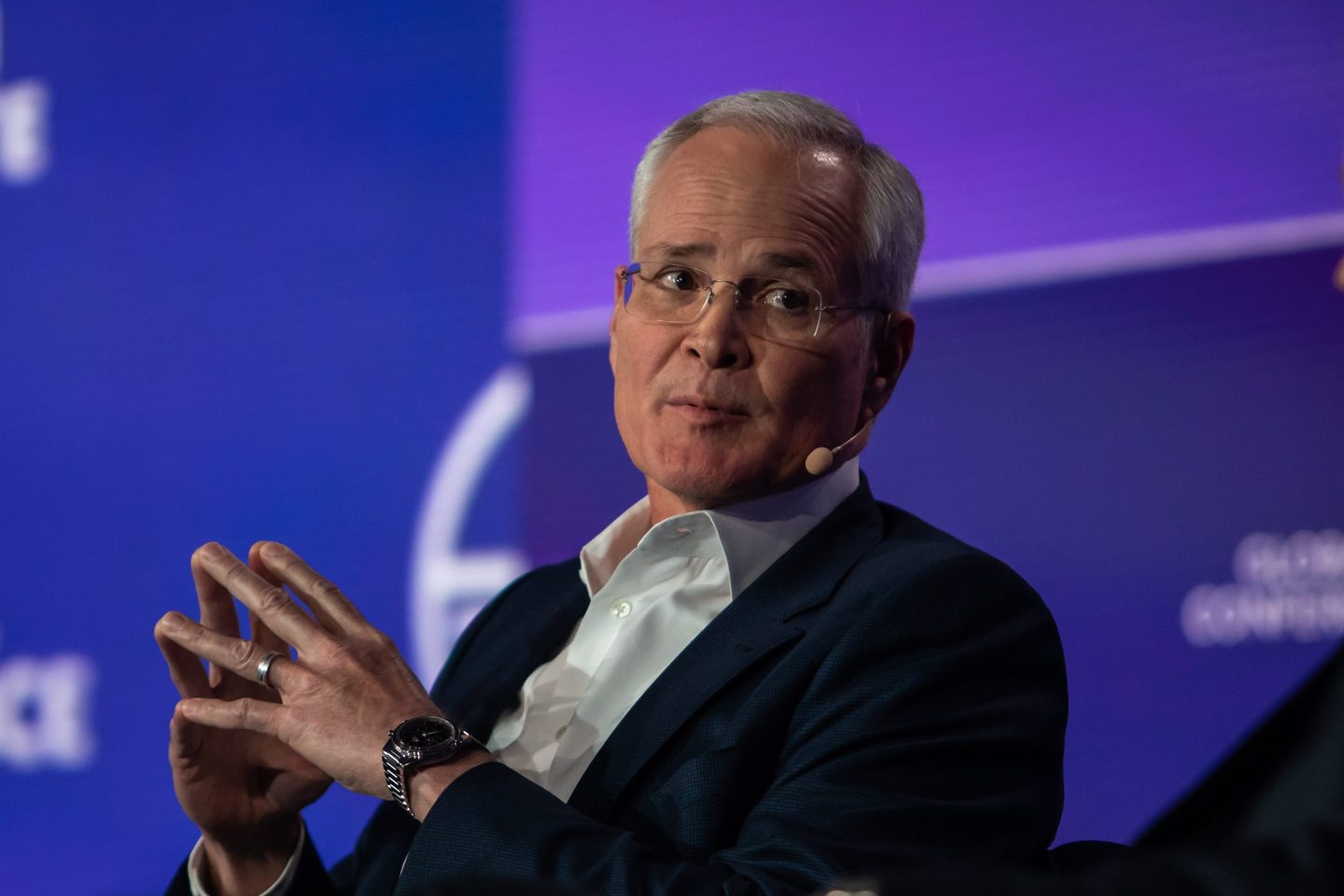Over half of professionals report that AI trainings feel like a second job, according to a recent LinkedIn survey, highlighting widespread frustration among workers with the proliferation of workplace automation programs.
A majority of respondents (51%) find the intensity and frequency of AI training requirements excessive. Employees cited dense training modules, unrealistic deadlines, and a lack of clarity about practical benefits as key sources of dissatisfaction.
LinkedIn found an 82% increase in people posting on the platform about feeling overwhelmed and navigating change this year. “The mounting pressure to upskill in AI is fueling insecurity among professionals at work—with a third (33%) admitting they feel embarrassed by how little they understand it, and 35% saying they feel nervous talking about AI at work for fear of sounding uninformed,” LinkedIn wrote.
Workplace impact
These findings come as employers increase investment in upskilling efforts designed to help staff adapt to new AI-based processes. Instead of feeling empowered, many professionals say these trainings add stress and extend their working hours, often without extra compensation or real improvements to workflow.
There are real consequences for this and anecdotal evidence that workers are justified in feeling insecure. IgniteTech CEO Eric Vaughan told Fortune earlier this month that he laid off nearly 80% of his staff after they failed to respond to AI training, while Joshua Wöhle of Mindstone relayed a similar story of a client-CEO who ordered his staff to dedicate all Fridays to AI retraining, and invited them to leave the company if they didn’t report back constructively on their findings.
The survey also found that, amid the flood of AI-related content and programs, professionals are increasingly turning to their networks—rather than AI tools or search engines—for trusted advice and support in navigating workplace changes. Some 43% of professionals say “their network, the people they know, is still their No. 1 source for advice at work,” ahead of search engines and AI tools. Nearly two-thirds (64%) of professionals say colleagues are helping them make decisions faster and more confidently.
Mounting frustration with mandatory AI trainings may be just the tip of the iceberg. A recent MIT study found that 95% of generative AI pilots at enterprises have failed to deliver any measurable return on investment—fueling growing concerns over an AI stock bubble as corporate spending and investor hype far outweigh results. It seems to be tied to this frustration over ineffective or stumbling AI training efforts.
MIT’s sobering findings
The MIT NANDA report analyzed hundreds of AI deployments and found only 5% produced rapid revenue acceleration or noticeable operational improvements. The majority of pilots stall in the testing phase or get abandoned, with large companies taking nearly a year to scale projects that rarely succeed. Flawed enterprise integration and a gap in AI literacy—not just model quality—were cited as the main barriers.
Wall Street and institutional investors are sounding the alarm, worried that record AI investments aren’t translating to profits and could trigger a painful reckoning for overvalued tech stocks. Some have started trimming exposure, fearing that the gap between reality and hype may be unsustainable, reminiscent of prior tech bubbles. The all-important Nvidia earnings on Wednesday illustrate the jitters, as record revenue still failed to prevent investors taking a few percentage points off the stock.
Connections to workforce concerns
As companies pour money into AI pilots and tech stocks, employees are increasingly skeptical of both the business value and the constant upskilling requirements. With over half of professionals saying AI trainings feel like a second job, the MIT report adds new context: Companies’ aggressive push for digital transformation is straining workers, not yet augmenting them, as widely billed.
The results underscore mounting tension between the pace of technological implementation and the lived experience of professionals, suggesting that companies may need to rethink their approach to AI upskilling to avoid further alienating employees.
Update, Aug. 28, 2025: This report has been updated to clarify that workers undergoing AI training do not necessarily find it annoying.
For this story, Fortune used generative AI to help with an initial draft. An editor verified the accuracy of the information before publishing.













